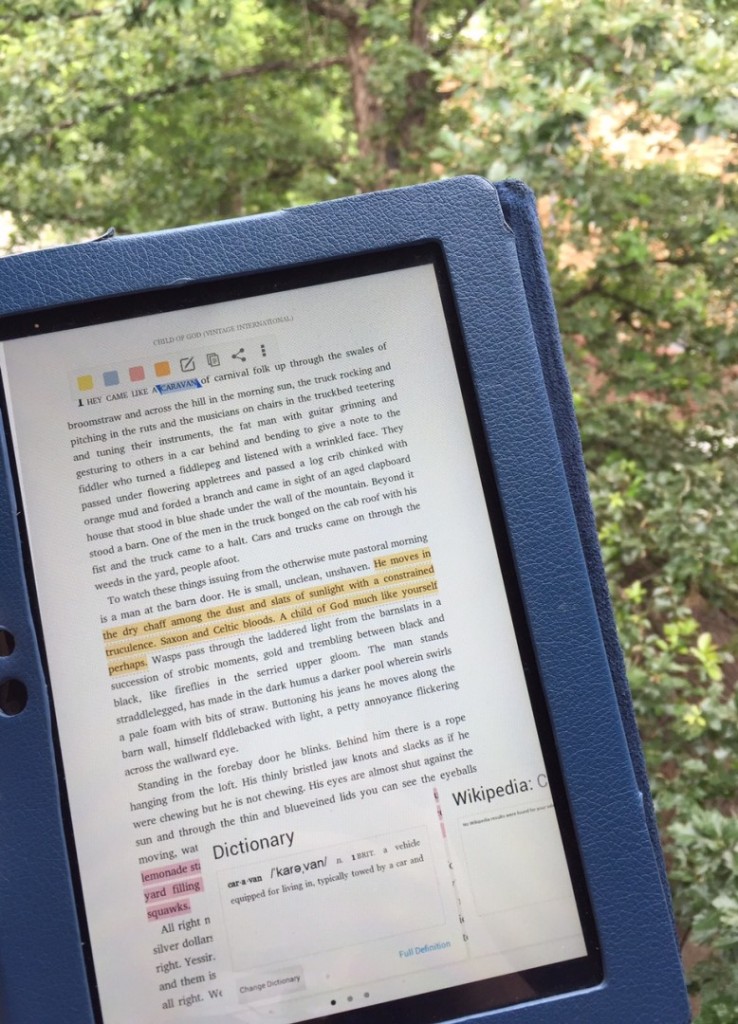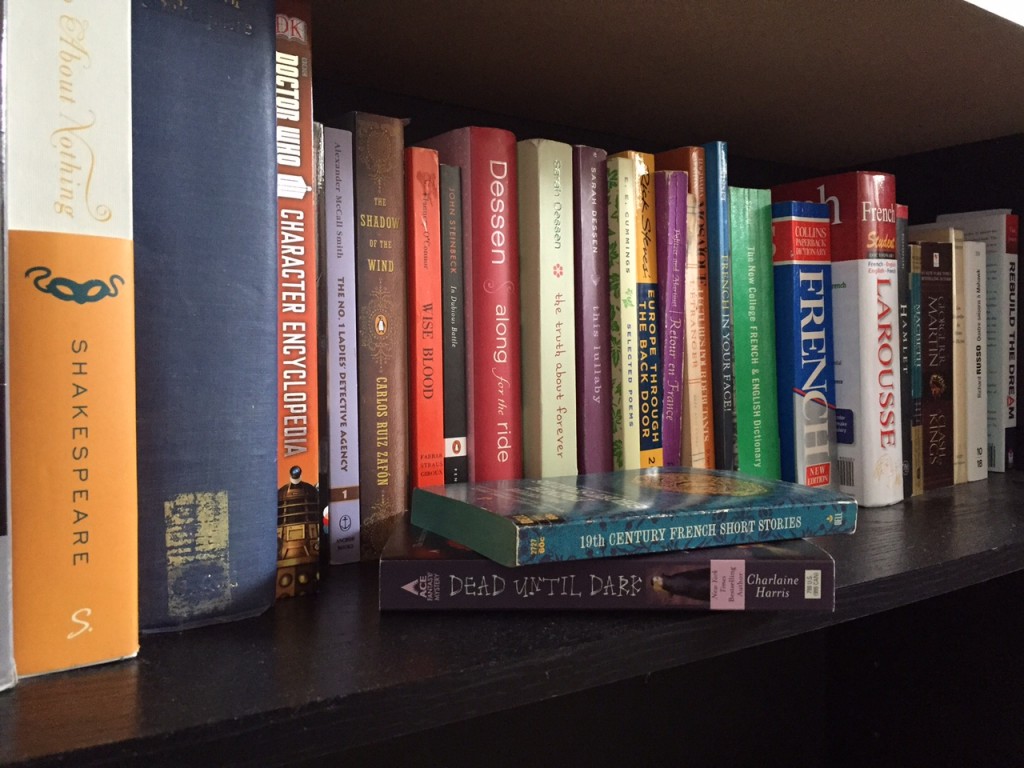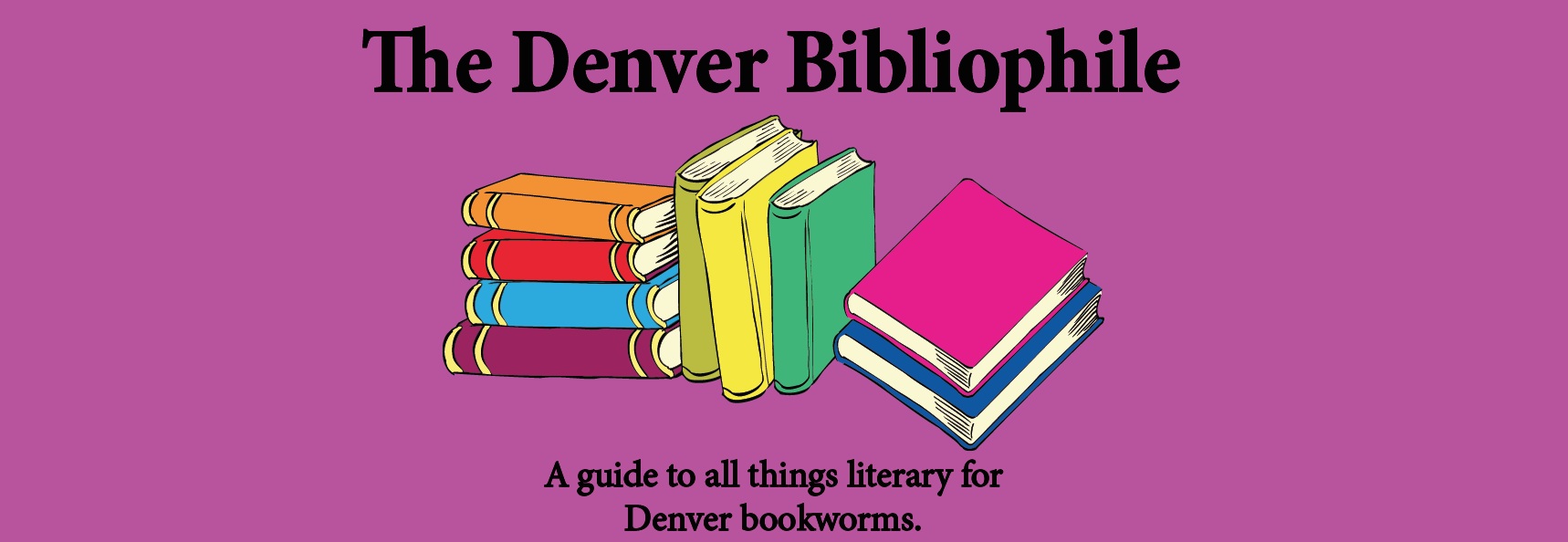
Ever since the first e-book came into existence, there has been passionate debate in the literary community about what defines a “real book.” For many, reading e-books simply can’t replicate the experience that comes with reading a physical, paper-bound book.
The feeling of turning the pages, the smell of worn paper, the sound of your pen scratching notes in the margins; reading can be a truly romantic experience. But with an e-book, what happens to all of that? Where does the romance go?
This is, as I said, a pretty popular opinion in the reading community. It comes from the same culture of literary purity that leads people to tell you things like “Write by hand! Buy an old typewriter and use that! It’s so much more authentic!”
Now, don’t get me wrong. I love the romance of reading; if it wasn’t so expensive I would definitely own a bottle of Paper Passion perfume, and I love a good used bookstore just as much as the next bookworm. But here’s the thing: I also love e-books. And here’s why.
There is nothing more convenient than an e-book. I know, that sounds lazy; if I really wanted to read that book, I could get myself to the bookstore or the library, right? But there is something to be said about having an entire library at your fingertips at all times. Now, when I’m waiting for my car to be fixed or sitting under the hair dryer at the salon, there is a nearly unlimited selection of fiction and nonfiction available to me without having to leave my chair. E-readers are also more comfortable than reading on a computer because they’re so much more portable and have the shape and feeling of holding a book.
At the very least, e-books are essential for travelers. With an e-reader it’s possible to fit your entire collection of books into a purse or backpack while only taking on the weight of one book—or sometimes less if you have a lightweight Nook or Kindle. You don’t need wifi, either, which means that your books are available no matter where you are.

The makers of e-readers have also gone to great lengths to provide some of the same capabilities in e-books that traditional book readers love. E-reading programs now allow you to highlight passages of text (some even let you change the color of the highlighter), add notes to certain words or quotes and even look up definitions of words with just the tap of your finger (which can be a savior when reading in a foreign language, by the way).
And yet, I can hear the critics now: “What about the romance? What about the experience?” I can understand this feeling. It’s not as if I don’t own any physical books; I often buy hard-bound copies of the books I have really loved.
But I don’t really buy into “the death of reading” brought about by e-books, for one simple reason: the romance is in the words. The texture of the pages and the smell of the ink has nothing to do with the way a book can make you feel. It can be beautifully bound and illustrated, with expensive paper and a leather cover, but that won’t change the quality of the words inside. What’s that old adage again? Something about not judging books by covers?
I’m not suggesting that we stop producing paper-bound books and switch over to e-books completely. But I am suggesting that the literary community give e-books a chance. Technology won’t kill reading. It can only create possibilities.

